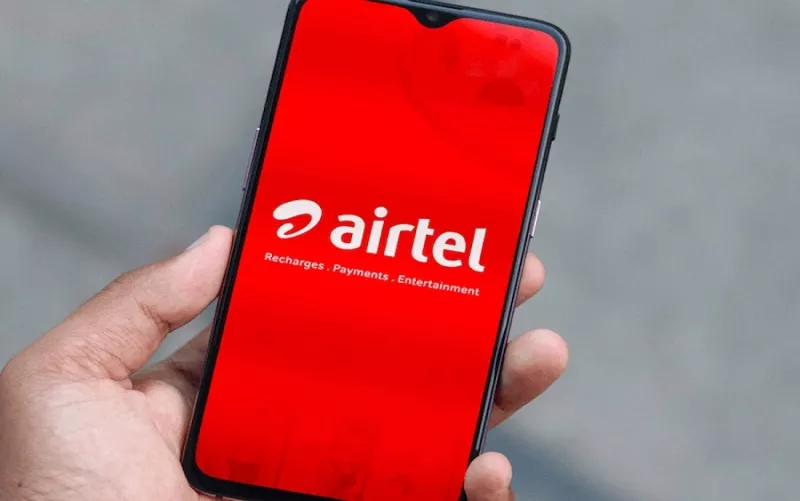Airtel Africa’s Nigerian operations have reported a substantial revenue loss of $110 million, due to the barring of SIM cards due to the National Identification Number (NIN) registration requirement. The company also reported it lost $82 million on the devaluation of the naira in the year under review. Airtel reports its year-end on March 31st, as they claim that a 1% devaluation would have a negative impact of $22m on revenues, $12m on EBITDA, and $7m on finance costs
Airtel Africa’s Nigerian operations initially showcased promising revenue growth, with reported currency figures indicating a 13.3% increase to $2,128 million, and an even more impressive 20.3% growth in constant currency. Both voice and data services contributed significantly to the revenue growth, driven by a notable expansion in the customer base. The overall customer base witnessed a commendable growth rate of 9.0%, while the data customer base experienced an even more impressive growth of 17.3%. This expansion and higher data and other revenue led to a 7.0% increase in the Average Revenue Per User (ARPU).
Barred Sim Cards
The adverse impact of the barred SIM cards on outgoing calls had a considerable effect on voice revenue. Of the initially affected 13.6 million customers, only 6.4 million customers (47%) have since submitted their NINs, and 3.5 million customers (26%) have been fully verified and unbarred. The company estimates that this unfortunate situation resulted in a staggering revenue loss of approximately $110 million for the fiscal year ending on March 31, 2023.
- As a consequence, Airtel Africa’s revenue growth in Nigeria experienced a substantial 6% setback.
Data propel earnings growth
Despite this significant revenue loss, data revenue displayed resilience by increasing by 27.8% in constant currency. This growth was propelled by the expansion of the data customer base, which grew by 17.3%, and a remarkable 9.9% increase in data ARPU. Airtel Africa’s efforts to enhance its 4G network significantly contributed to this growth, with nearly 100% of their sites now operating on 4G. As a result, the 4G data customer base expanded by 27.6%, and data usage per customer increased by 24.8%, reaching an average of 5 GB per customer per month.
Other revenue sources
While Airtel Africa’s Nigerian operations faced these challenges, other revenue sources witnessed growth, with a remarkable 27.5% increase in constant currency. This growth was primarily driven by the rise in value-added services revenue, particularly in airtime credit services. Airtime credit allows customers to take an airtime credit and continue to use their voice and data
services, with the credit recovered through subsequent customer recharge.
Increase in cash
Airtel Africa’s Nigerian operations also maintained a positive EBITDA (Earnings Before Interest, Taxes, Depreciation, and Amortization) of $1,099 million, marking an 11.8% increase in constant currency. However, the EBITDA margin declined from 55.5% to 51.6%, primarily due to rising operating costs, including inflationary pressures and increased fuel costs. Nevertheless, the EBITDA margin stabilized at 52.3% during the fourth quarter of 2023. Airtel Africa’s Nigerian operations managed to generate an operating free cash flow of $806 million, indicating a 10.0% increase. This increase was attributed to the expansion of EBITDA, albeit partially offset by higher capital expenditure. Airtel Nigeria operations contributed about 40% of the group’s revenue and EBITDA respectively in 2022 On 9th May 2023, the company announced that its Nigerian subsidiary, Airtel Networks Limited made a payment of NGN58.7bn ($127.4m), payable to the Nigerian Communications Commission (NCC), to renew its 2x10MHz 2100 MHz spectrum license. The license will be valid for a period of 15 years following the expiry of the previous license (30 April 2022).
On 9 January 2023, it announced that it had purchased 100 MHz of spectrum in the 3500 MHz band and 2×5 MHz of 2600 MHz from the Nigerian Communications Commission (NCC) for a gross consideration of $317m, paid in local currency.




